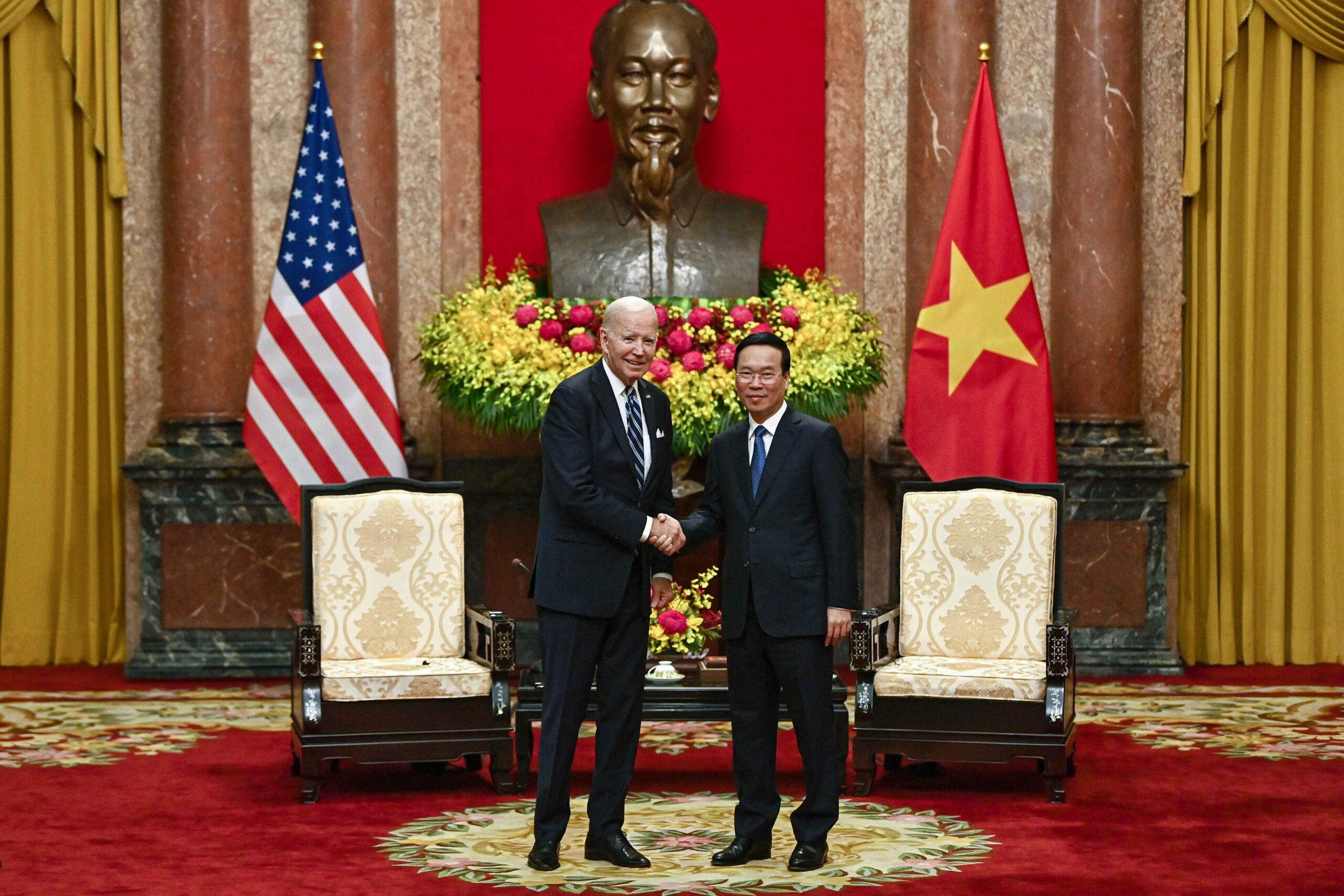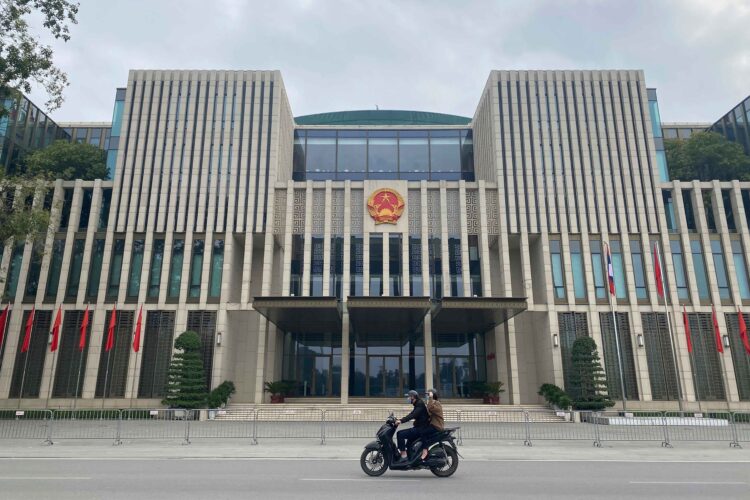Agents of the Vietnamese government attempted to hack into the phones of dozens of high-profile American targets, including journalists and sitting members of Congress, according to a new report. The unprecedented—but ultimately unsuccessful—phishing scheme first uncovered by an Amnesty International forensic examination coincided with the negotiation of the US-Vietnam Comprehensive Strategic Partnership earlier this year.
According to the collaborative report published by the Washington Post on Monday, individuals identified as likely Vietnamese agents tried to plant an information-gathering software known as “Predator” on targets’ phones via malicious links posted on X. Key individuals were spammed with comments containing links mimicking news sites that would auto-install the sophisticated spyware once clicked.
Among those targeted between February and June of this year were House Foreign Affairs Committee Chairman Michael McCaul (R-TX) and Senators Chris Murphy (D-CT), John Hoeven (R-ND), and Gary Peters (D-MI). Amnesty International also determined that the hacking effort targeted Asia experts at Washington think tanks and journalists like CNN chief national security correspondent Jim Sciutto. Attempts were also made to ensnare individuals from the United Nations.
Learn the benefits of becoming a Valuetainment Member and subscribe today!
Authorities on Capitol Hill and representatives of the targeted media outlets are reporting that, despite the complexity of the software, the targeted individuals never even saw the malicious posts, likely owing to X’s own internal spam filters. Predator’s creators, Israeli firms Cytrox and Intellexa, were placed on an American tech blacklist in July for developing a tool so easy to misuse.

Although the attack was unsuccessful in spying on its American targets, it still threatens to complicate the Biden administration’s diplomatic efforts in Vietnam. When the phishing scheme began, diplomats from the US and Vietnam were negotiating a cooperation agreement aimed at undermining China by strengthening Vietnam’s ties to regional allies. Vietnam, America’s one-time adversary, appears to have been interested in Washington’s relationship with China and the media’s assessment of issues in Asia.
President Joe Biden signed the US-Vietnam Comprehensive Strategic Partnership during a visit to the country in September following the G20 Summit in India. As China’s influence in Asia and abroad continues to expand, American companies are beginning to consider Vietnam as a possible replacement manufacturing partner. President Biden previously called Vietnam a “critical partner” in Asia’s economic development and the efforts against China.
The full Amnesty International Report can be read below:


















Add comment